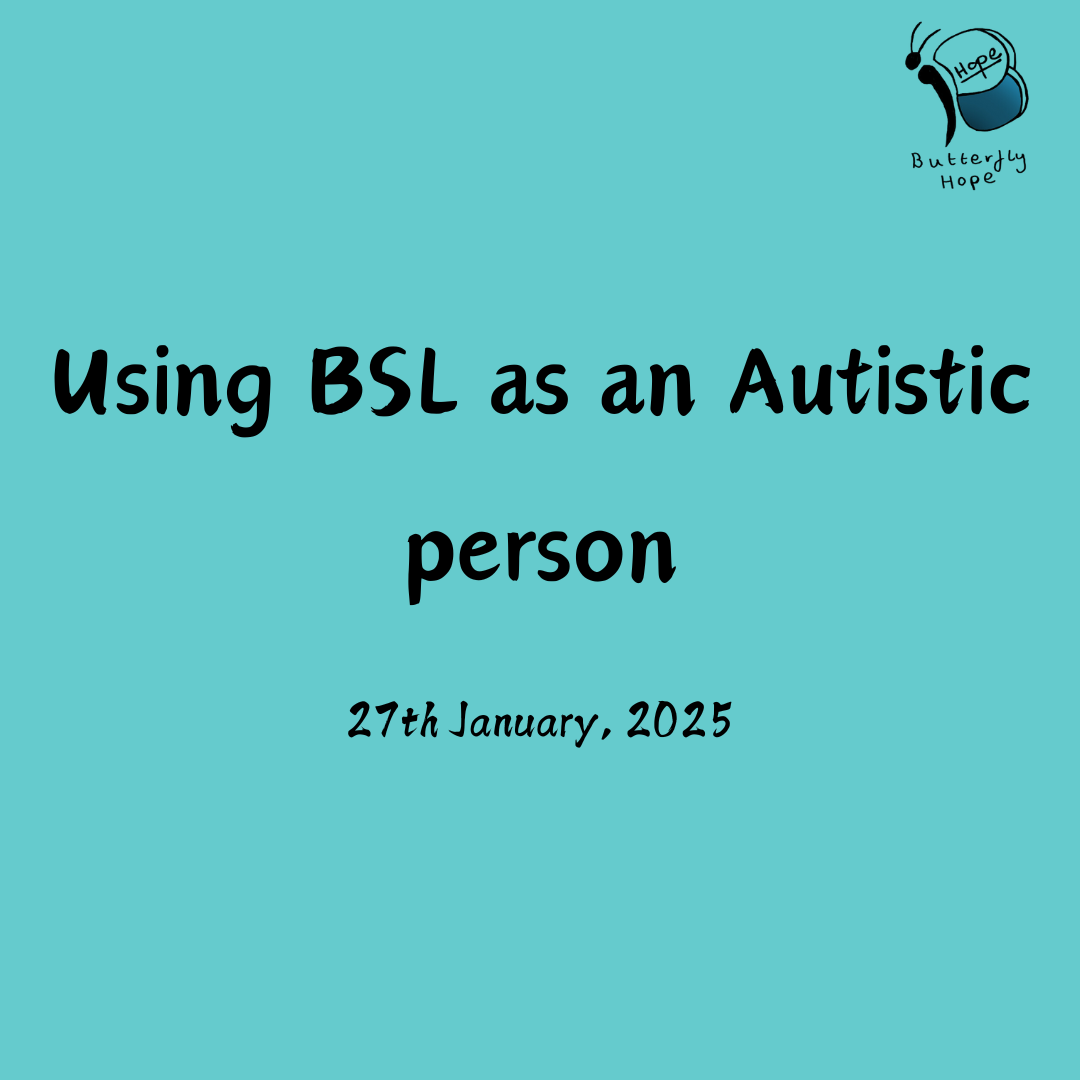Communication is the cornerstone of human interaction, allowing us to express thoughts, emotions, and needs. For individuals with language disorders and auditory processing difficulties, this fundamental aspect of life can be an ongoing challenge. However, the adoption of British Sign Language (BSL) has proven to be an invaluable tool, offering a lifeline for many in navigating a world that often feels isolating and incomprehensible. In this blog, we will explore the remarkable ways in which BSL has been life-changing for autistic individuals with language disorders and auditory processing difficulties.
- A Visual Language for a Visual Thinker
Autistic individuals often think in highly visual ways, processing information as images and patterns. BSL is inherently visual, utilising hand shapes, movements, and facial expressions to convey meaning. For many autistic individuals, this visual nature of BSL aligns perfectly with their cognitive processes, making it a more accessible means of communication. By embracing BSL, individuals with autism can more effectively express themselves and comprehend others’ intentions.
- Bypassing Auditory Processing Challenges
Auditory processing difficulties can be a significant obstacle for individuals on the autism spectrum. BSL provides a solution by offering a non-verbal alternative to spoken language. This allows those who struggle with processing auditory information to communicate and understand their surroundings without the anxiety and frustration often associated with traditional speech. As a result, BSL becomes a bridge between the individual’s inner world and the external environment, fostering a sense of control and autonomy.
- Enhancing Social Interaction
Autistic individuals often face challenges in social interaction. BSL, with its clear and structured gestures, facilitates more straightforward communication and comprehension. This not only makes it easier for individuals with autism to engage in social interactions but also helps neurotypical individuals understand and interact with them more effectively. The use of BSL can significantly reduce misunderstandings, anxiety, and social isolation, improving overall quality of life.
- Empowering Self-Advocacy
Many autistic individuals face difficulties in advocating for their needs and preferences, particularly when it comes to education and healthcare. BSL equips them with a powerful tool to express their thoughts, emotions, and desires. By using BSL, individuals with autism can more effectively self-advocate, ensuring that their unique needs are met and their voices heard. This newfound ability to communicate their specific requirements can be genuinely life-changing.
- Expanding Educational and Career Opportunities
Access to BSL opens up new educational and career opportunities for individuals with autism. It provides an avenue for learning, as BSL courses and resources are available for those who wish to acquire this skill. In the workplace, knowledge of BSL can be a valuable asset, creating more inclusive environments and fostering understanding among colleagues. Additionally, BSL can serve as a bridge to careers in fields like interpretation, education, and therapy.
- Fostering a Sense of Belonging
One of the most profound impacts of BSL for autistic individuals with language disorders and auditory processing difficulties is the sense of belonging it offers. By providing a means to communicate effectively, BSL can help individuals connect with peers, friends, and family in ways that were previously challenging or impossible. This sense of belonging contributes to improved mental health and overall well-being.
Conclusion
British Sign Language is a powerful and transformative tool for individuals with language disorders and auditory processing difficulties, particularly those on the autism spectrum. By embracing BSL, individuals can express themselves more effectively, navigate social interactions with greater ease, and advocate for their unique needs. BSL not only opens new educational and career possibilities but also fosters a profound sense of belonging and inclusion.
As we continue to embrace diversity and inclusivity, it is essential to recognise the tremendous value of British Sign Language in the lives of autistic individuals. By supporting and promoting the use of BSL, we can create a more inclusive and understanding society where everyone has the opportunity to thrive, communicate, and connect on their own terms.
